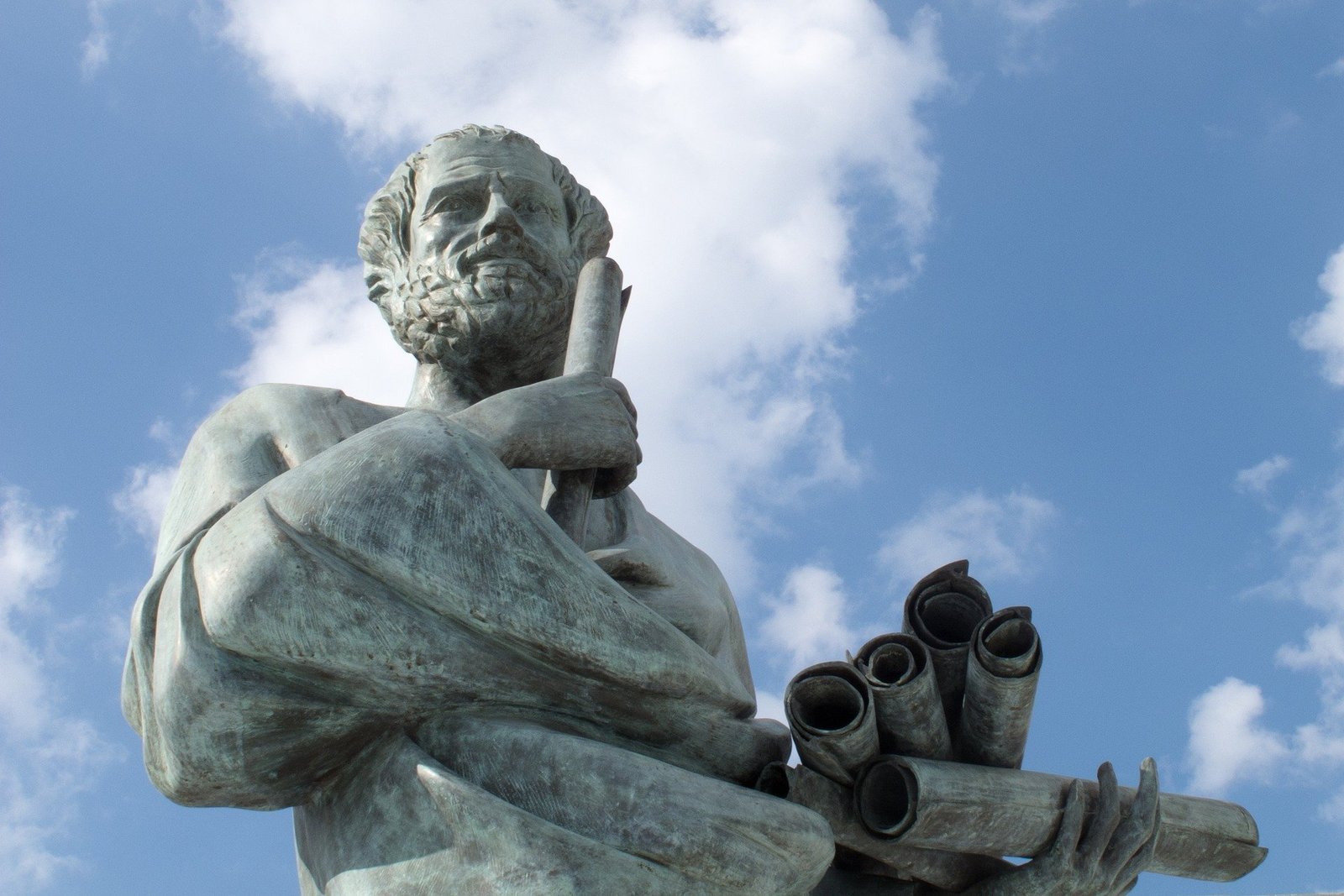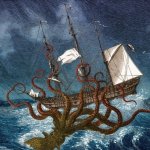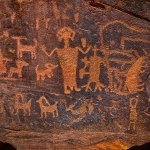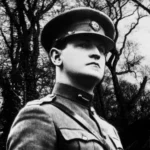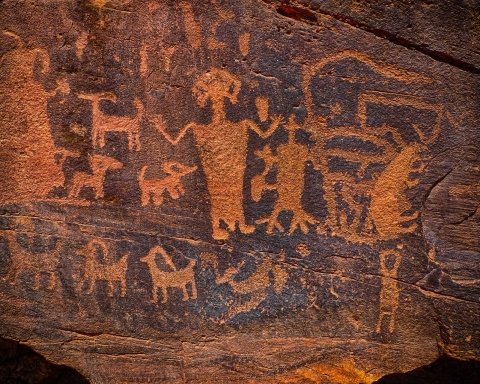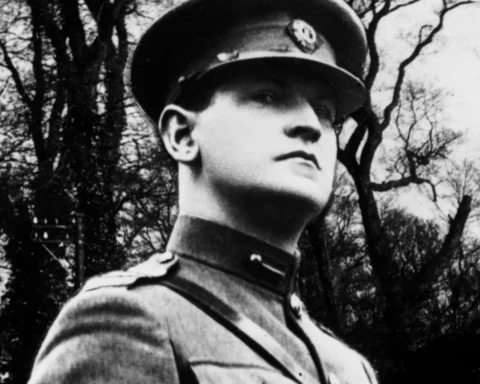In order to know ourselves – that is, to know – we must first be aware of our abilities and then our limits. Know yourself Socrates is a famous maxim in philosophy. In order to understand this event much more clearly, let’s take a few references and take a short trip to the beginning…
B.C. In the 400s, “Know Yourself” was written on the door of the Temple of Apollo in Delphi. This “know yourself” event is a kind of password of special people. The people who aim to lead a life based on completing themselves and completing others while doing so.
“Nosce te ipsum”
This word belonged to Socrates. “Why would this word, which sounds like such a commonplace phrase, be written at the entrance of a huge temple?” question comes to mind.
For the existential beginning, let’s go back to the beginning now…
If we take a glance at that little existential evolution/evolution that took tens, hundreds or even thousands of years:
The amoeba turned into a frog. And throwing himself out of the water by rebelling against “order” and “croaking” to find a mate. He uttered those first words—although meaningless—and thus the developing languages and literature. we are still using that today and literature were born.
So even Shakespeare came into existence after this first frog ‘croaked’. Then, from time to time, this little croak somehow caused people to build huge skyscrapers or pyramids that they had made or had already done in the current era.
We have been successful in painting, music, architecture, medicine or many other things, albeit in our own way. But let’s come to the moment when we are closest to destruction / extinction. We humans make up only 0.01% of all living things on earth. however, we caused the extinction of over 80% of other living things, such as plants or animals.
In other words, even though we are much less than them in numbers – being stupid in this regard will be a factor,. Of course – we do not know ourselves to consume and destroy everything.
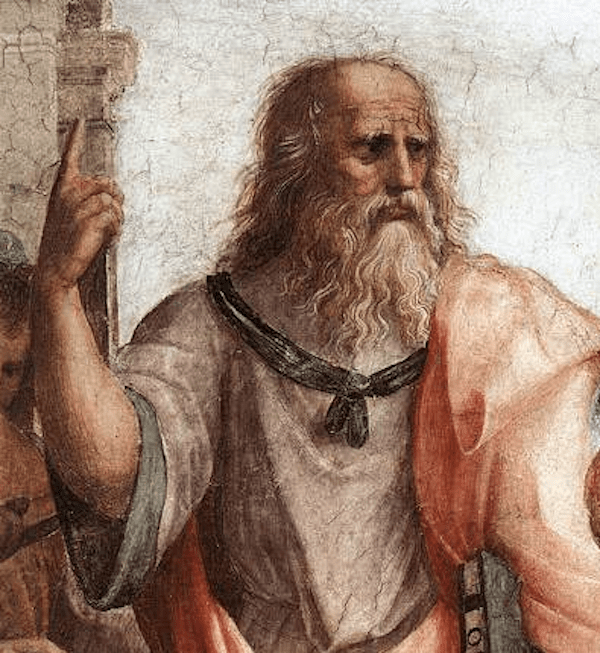
If we take the time that the world has existed until today as a day, that is, 24 hours, and think about it. Unfortunately you are in the last second of this day.
That’s why – I think – in recent years everyone has been trying to get away from the world, to get rid of it, to go to space, to Mars or something. It’s over here. They created their own dumpsters. We created our dumpsters.
So while our ability is to create, our limit is to die.
From the very beginning, there are those around me who accuse me of being depressed or get angry. It is because I talked about death or our end, both by my daily conversations and my writings. However, I think it’s the opposite.
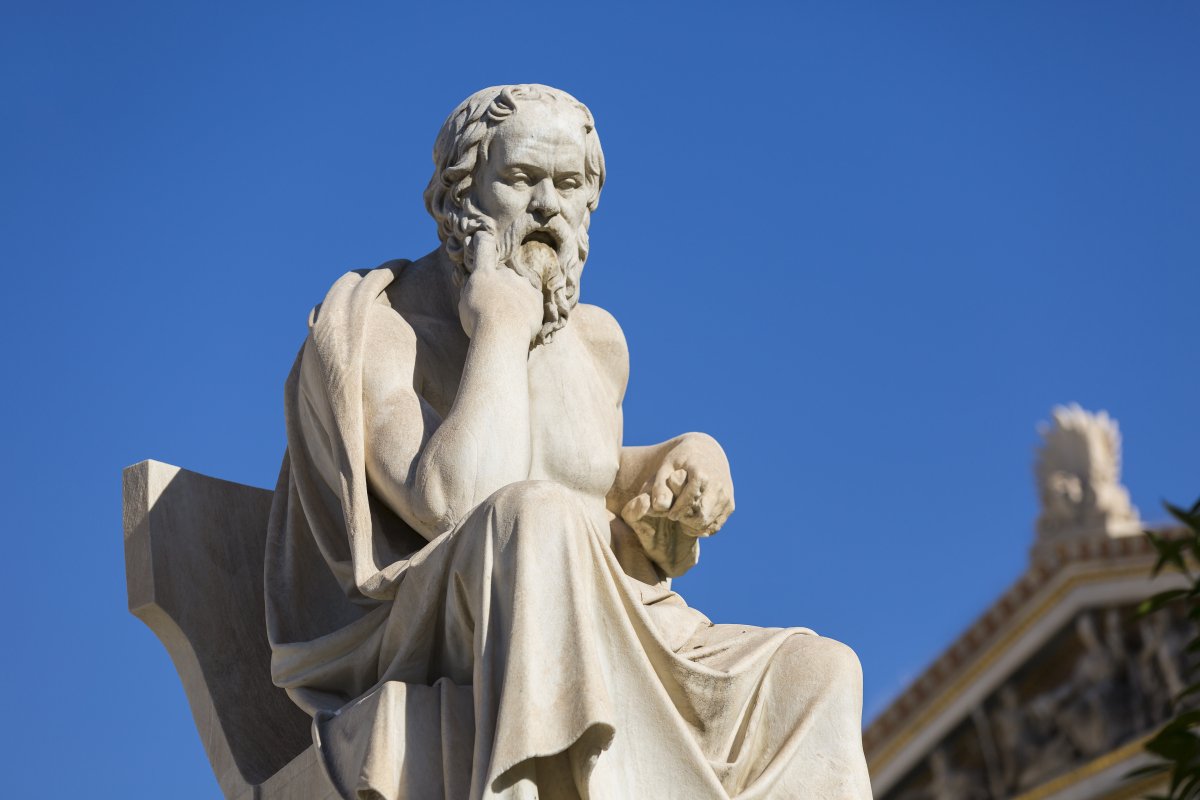
While people were feasting at the dinner tables, those living in Ancient Egypt, whose lives we used to envy or sometimes fear, were also held at the dinner tables. Here, people relaxed. Suddenly, someone would enter the hall with a skull in their hand. They would call out to people, “Eat, drink, rejoice. Because this is what you will become when you die.”
After hearing this Ancient Egyptian anecdote, Montaine says in an essay:
“A person who understands death is freed from being a slave.”
At This part “momento mori “ occurs
Because the fear of death or any ordinary fear enslaves us, while the consciousness of death or awareness of that subject liberates us.
I used to think, not so long ago, but a few months ago, “What’s the point of life if I’m finally going to die one day with a clear beginning but never an end?” Now I realize that it was being mortal that gave my existential evolution, life, its real meaning.
Because -in my opinion- this limitless border not only informs us of our place but also emphasizes that we should spend our time productively when we think about it.
Also, no matter when or how; I think that something that lasts forever – no matter what – will bore me or someone else.
So why are we still talking about Socrates today, 2500 (two thousand five hundred) years later??
Because Socrates is the founder of Ancient Greek Philosophy. In other words, what Oğuz Atay is in Turkish Literature, or what Shakespeare was for English literature. Socrates is a turning point in philosophy.
Because philosophers before Socrates behaved more like scientists: They were interested in questions such as : “How does the sun rise every day?”.”Does this world with life on it rotate?”. “If it rotates, how does it rotate?” or “What are the components of water?”
Then Socrates one day stuck his head out and said, “Everything is fine, all right. Why are we alive?” “What is the meaning of life?” When he started to ask, things got heated.
Because Socrates was an outcast man, who often went barefoot. He had no respect for himself from the point of view of current thoughts, who rarely took a shower.
In the bazaar, in the market, in short, he would wander around and ask the meaning of life to anyone who came before him. The philosopher’s didactic way of looking at the books contributes to this situation.
He saw books as a waste of time and preferred to talk face-to-face with everyone he met. He then constantly ask new questions, whether he was a sage or not, instead of sitting, thinking and writing a book.
So much so that Socrates did not write any books in his entire life.
However -it can also be considered as luck- one of his students, Plato, wrote his speeches and published them as a book.
He lived by the motto “An unexamined life is not worth living”
He questions stereotyped thoughts by people, finds questions and cares about minority thoughts.
Several “freaks” later complained about him, alleging he was “a bad example to the youth,” leading to Socrates being brought to court and sentenced to death.
They offer to spare his life if he stops studying philosophy until the en. Bbut according to Plato, he refuses and defends his beliefs. However this lead to his death.

In 18th century, a painter named Jacques-Louis David drew an amazing painting. This art piece is one of the most well-known paintings in the world. The painting name is “The Death of Socrates”.
In this painting, as the name suggests, we see Socrates, who is about to die, in that small dungeon.
In the dungeon, most of the light reflects off her. Her white dress symbolizes innocence, representing death and purity.
We can consider upright posture as a death-defying behavior. He accepted the hemlock poison.Although they forced him to drink that poison, but he did so softly. However he gives a final lesson to the people around him. Those people who will read and learn about these moments years later.
After drinking the poison, he walks around a little bit. First of all his feet go numb due to the poison. And finally he sits down at once.
The man who brought that poison first pinches Socrates, but Socrates does not feel it. Then he lays down slowly and softly. And he says to his friend Crito, “We owe Alex a rooster, don’t forget to pay it.” Then the poison spreads throughout his body and Socrates dies.
What do you think happened to the “freaks” who complained about him?
A few years later Athens expelled all of them. There are also rumors that they committed suicide. Because after the incident, no one talked to these guys. So the Athenians realize their mistake, but it’s too late for everyone.
Yet today no one remembers those complacent creatures. But we have been reading Socrates for 2500 years…

